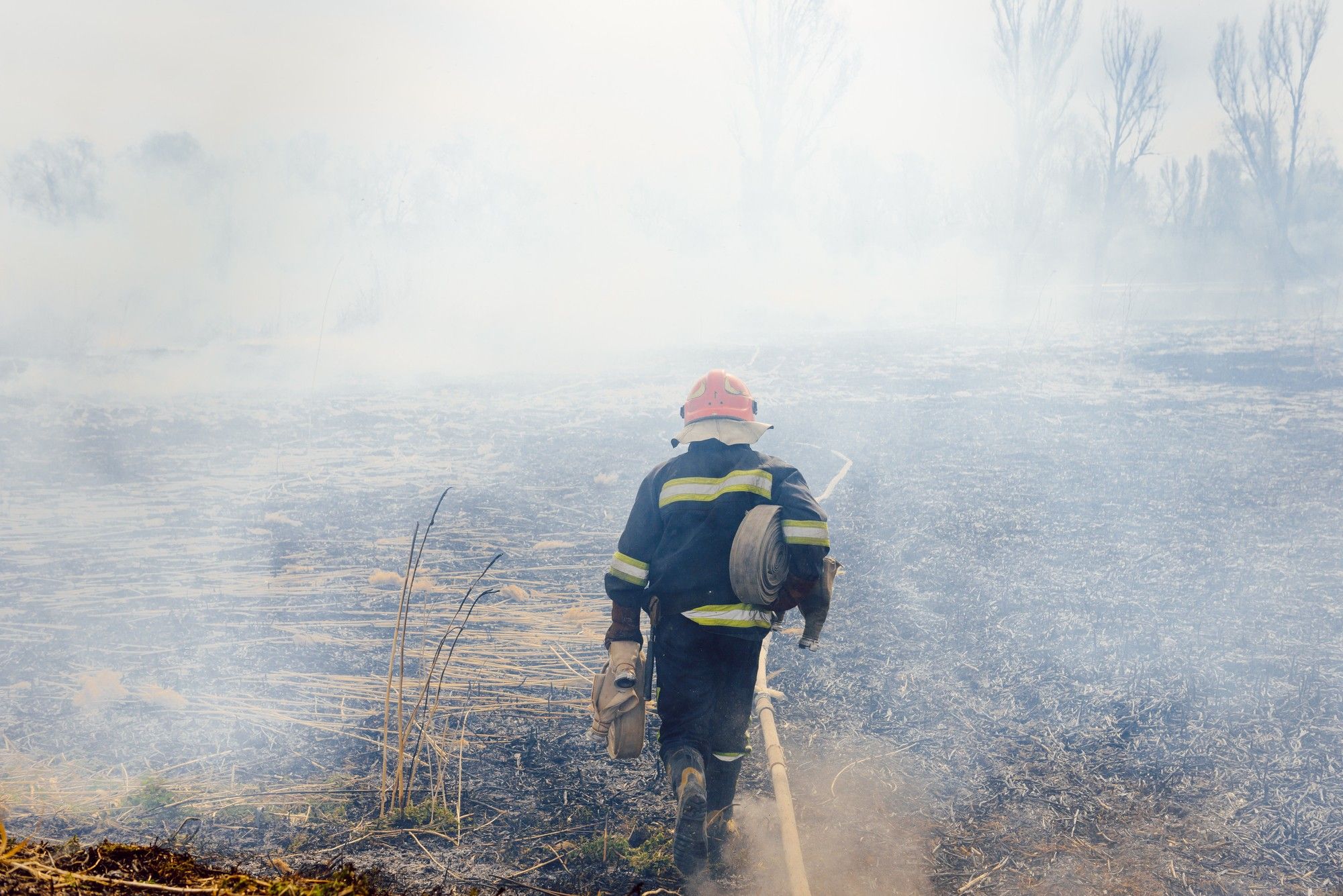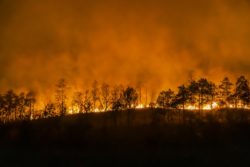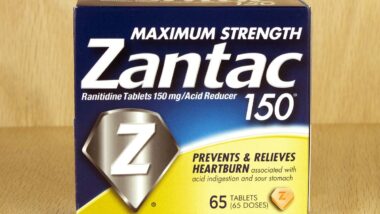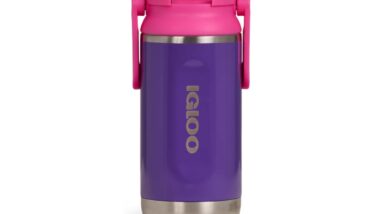Top Class Actions’s website and social media posts use affiliate links. If you make a purchase using such links, we may receive a commission, but it will not result in any additional charges to you. Please review our Affiliate Link Disclosure for more information.
California has suffered intense, damaging wildfires over the last few years, and the road to recovery has been long. Following the 2017 wildfires in wine country, the 2018 Camp fire, and other major fires, victims are still waiting on wildfire relief, though the state of California itself has received $1.3 billion in wildfire relief from the federal government to rebuild.
Indeed, many wildfire victims have been left displaced into temporary housing—a situation that for many has become less temporary than expected. Linda Adrain, a wildfire victim whose house burned down in the Tubbs fire three years ago, moved into a small apartment and put her name on the waiting list for low-income senior citizen housing that would be developed on the site where her mobile home park had been consumed by the fire. But the development of this project has been stalled since developers were relying on federal disaster relief for their funding, and they’re still waiting for that money.
“It’s supposed to be a temporary place, and I’ve been here for three years,” Adrain told the Los Angeles Times. “There’s nowhere for me to go.” Adrain is 80 years old, and prior to the Tubbs fire, had lived in that mobile home park for a quarter of a century.
Indeed, while the state of California has received $1.3 billion in federal aid for its rebuilding efforts, thousands of homeowners and renters are still waiting to receive essential wildfire relief that they need to recover and rebuild.
In the Tubbs fire alone—the one that destroyed Adrain’s home—more than 4,500 other homes were wiped out, and 22 people died. In 2018, the Camp fire destroyed another 14,000 homes and killed 85 people.
Bureaucratic delays at the state and federal level keep holding up this funding. While they wait, renters and homeowners have been left in a difficult situation. Adrain is one of the luckier ones—she, at least, has a roof and walls. Others are living out of their cars or recreational vehicles as they wait.
“This was a delay we wished we wouldn’t have had,” said Gustavo Velasquez, director of the California Department of Housing and Community Development, which is responsible for giving out the money. “Families deserve to have this money out to rebuild their lives.”
California officials have had to develop spending plans for their rebuilding efforts, which have then had to wait for approval by the federal Department of Housing and Urban Development. But it took HUD nearly two years to sign off on any California proposals for 2017 wildfire recovery. Federal officials finally authorized California’s plans for 2018 wildfire recovery in late Nov. 2020, more than two years after those fires.
State housing officials expect additional funding to be okayed by Congress in the near future. But that would start another HUD approval process, which could take quite some time.
 Federal Disaster Recovery Slow in Other Areas Too
Federal Disaster Recovery Slow in Other Areas Too
The California wildfire funding is not the only disaster funding to be held up—Congress has approved more than $20 billion for Puerto Rico’s recovery from Hurricane Maria, but most of this money was unspent as of this summer, per an internal congressional research agency report.
These delays have sparked condemnation from Democrats and Republicans alike, with members of congress accusing the administration of intentionally stalling the money. However, HUD officials have denied any such stalling tactics, and instead have cited complicated bureaucratic requirements like writing new regulations each time money is authorized.
Despite the bipartisan support to simplify HUD’s disaster relief requirements, legislation has not advanced.
“Our federal government’s disaster recovery system is broken,” said Sarah Saadian, vice president of public policy at the National Low Income Housing Coalition, an advocacy group in Washington that has been tracking this issue. “These problems we run into every single time.”
There may be some good news upcoming for wildfire victims, as state housing officials expect that wildfire relief for 2017 fires will start heading out in 2021, and that the spending process may speed up in the near future.
Filing a 2020 California Wildfire Lawsuit
In 2020, the devastation of California wildfires continued, leaving yet more victims of these disasters. If you have experienced property damage during the 2020 California wildfire season, your insurance company may not have paid you fully for your losses—and if you were underinsured, you can still fight for the compensation you deserve. This investigation is also open to those affected by the 2019 California wildfires.
Filing a lawsuit can be a daunting prospect, especially while also dealing with the devastation caused by a wildfire, so Top Class Actions has laid the groundwork for you by connecting you with an experienced attorney. Consulting an attorney can help you determine if you have a claim, navigate the complexities of litigation, and maximize your potential compensation.
ATTORNEY ADVERTISING
Top Class Actions is a Proud Member of the American Bar Association
LEGAL INFORMATION IS NOT LEGAL ADVICE
Top Class Actions Legal Statement
©2008 – 2024 Top Class Actions® LLC
Various Trademarks held by their respective owners
This website is not intended for viewing or usage by European Union citizens.


 Federal Disaster Recovery Slow in Other Areas Too
Federal Disaster Recovery Slow in Other Areas Too












